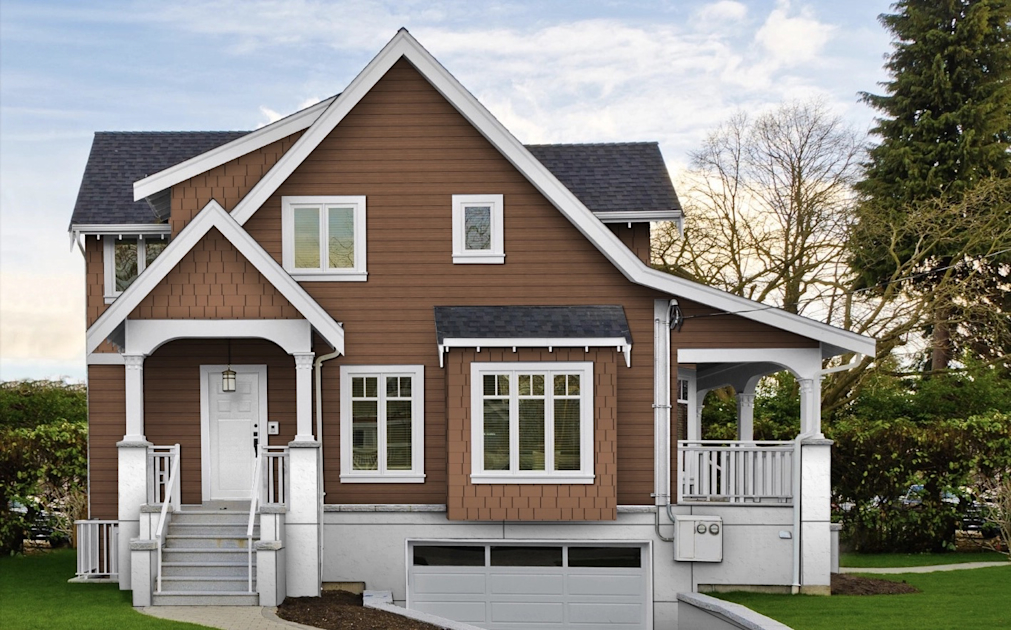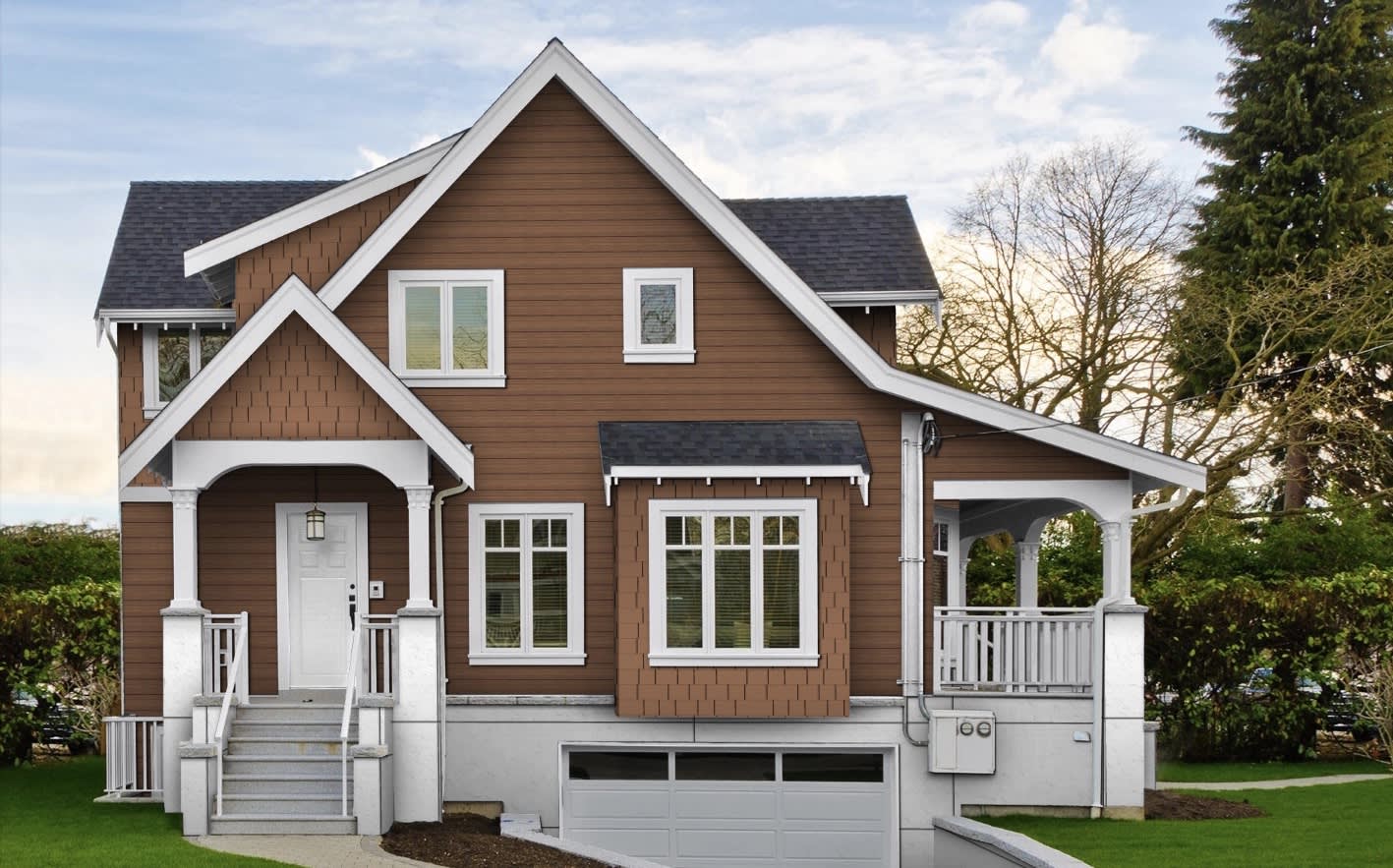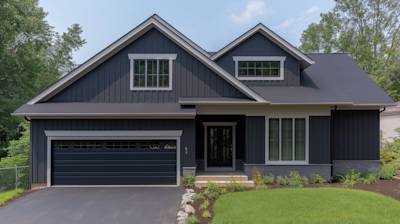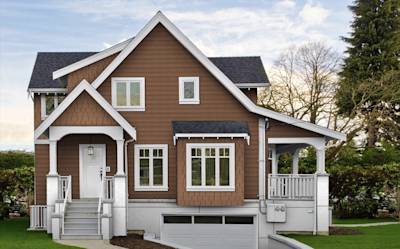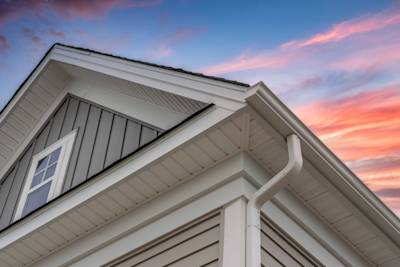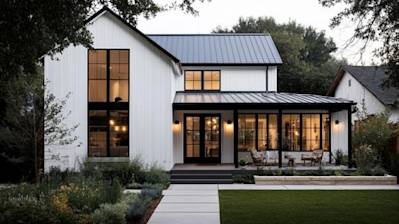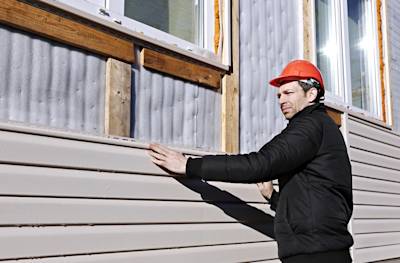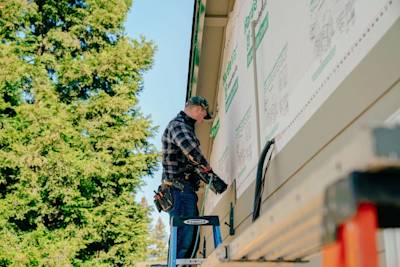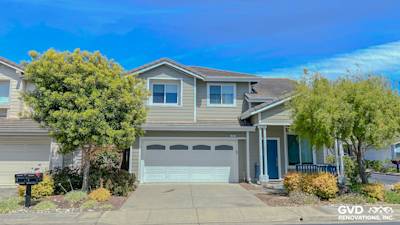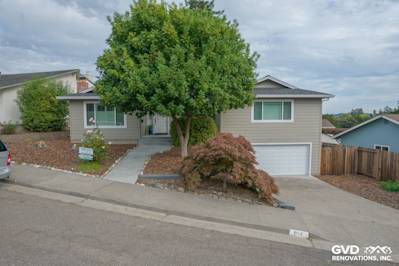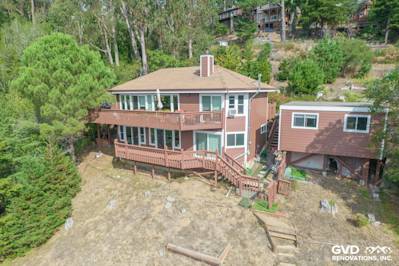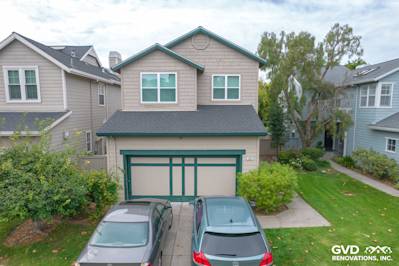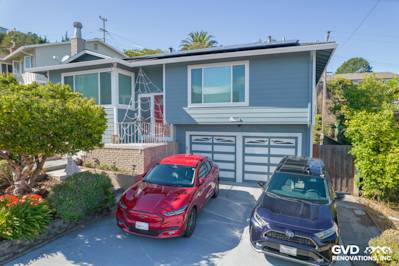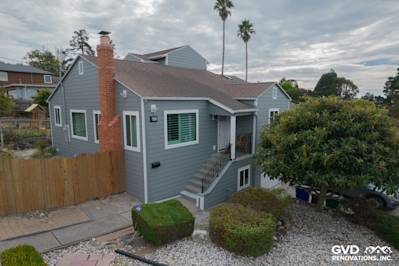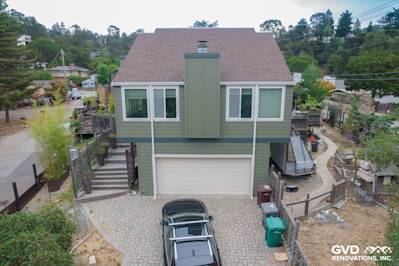When planning to give your home an exterior makeover, two names usually come to mind: Allura and James Hardie. Both are renowned manufacturers of high-quality fiber cement siding products, touted for their durability and aesthetic appeal. Making a choice between Allura and Hardie for your siding can be a tough decision, as each product has its distinct characteristics and advantages. In this blog, we will unravel the different elements of Allura and Hardie – from their history and product offerings, to warranties and prices – to help you make an informed decision about the best siding for your home.
History and Background: Allura vs Hardie
Allura: A Power Player in the World of Siding
Allura has a rich history dating back to the 1980s. With a commitment to producing stylish, durable, and affordable siding products, Allura has secured a robust presence in the siding industry. They aim to make homes not only resilient against day-to-day weather conditions, but also eye-catching.
Hardie: Setting the Benchmark in Fiber Cement Siding
James Hardie, on the other hand, is virtually synonymous with fiber cement siding. Since its establishment in the late 19th century, James Hardie Industries has grown into an international building products manufacturer. In 1981, Hardie revolutionized the siding industry by inventing fiber cement. Today, they continue to set industry standards by focusing on the durability, functionality, and aesthetics of their product line.
Diving Deeper into Design and Aesthetic Appeal
Expressing Creativity with Allura
Allura offers a wide array of siding products, including lap siding, panels, shakes, tiles, soffit, and trim. With a spectrum of over 30 colors and several types of stains, Allura is a perfect choice for homeowners who wish to express their individuality and creativity.
Embracing Classic Elegance with Hardie
James Hardie's product line is no less varied. They offer lap siding, vertical siding, shingle siding, panels, and Artisan® styles. However, the brand opts for a more conservative approach in terms of colors. With their ColorPlus® Technology, Hardie provides around 20 pre-painted color options that are baked onto the siding, ensuring longevity and vibrancy.
Siding Durability and Maintenance
Both Allura and Hardie have capitalized on the inherent strength of fiber cement, offering durable, low-maintenance products designed to withstand various climate conditions.
Allura's products come with a proprietary sealant that ensures every finish is uniform, whether it is applied in the factory or on site. They provide weather-resistance and durability to the siding, ensuring it stands the test of time.
James Hardie, in turn, has HardieZone® - a system providing siding solutions based on differing regional climates for optimum performance. Their siding provides resistance against moisture, rot, fire and pests, and requires low maintenance.
Considering Warranties and Prices
When it comes to warranties, both Allura and Hardie offer solid coverage. For painted products, Allura provides a 15-year warranty against peeling, blistering, and chipping. Their non-painted products come with a 50-year limited warranty, giving you peace of mind.
James Hardie also offers a 30-year non-prorated warranty on their siding and a 15-year warranty on their trim products.
In terms of price, it's important to note that factors such as installation location, project size, and contractor’s pricing can influence the overall cost. Both Allura and Hardie have competitive prices – with Hardie being slightly on the higher end due to its established market position.
Frequently Asked Questions about Allura Vs Hardie
Is Hardie more expensive than Allura?
Generally, the cost of Hardie products tends to be slightly more expensive when compared to Allura. However, this could vary depending on your location and your chosen distributor. The installation cost can also factor into the total expense, so it's best to get multiple quotes before making a decision.
How do Allura and Hardie compare in terms of color options?
Both Allura and Hardie offer a wide variety of color options for their siding products. While Allura leans towards more traditional and classic color options, Hardie offers an extensive array of colors through their ColorPlus® Technology, which they claim to be more fade-resistant.
What about the texture and feel of Allura and Hardie products?
Allura's products simulate the texture and feel of natural wood more closely. Hardie, on the other hand, has a smoother finish which may be preferable for a more modern aesthetic. However, both companies offer an impressive range of textures to cater to a variety of design preferences.
How do warranties for Allura and Hardie compare?
In terms of warranty, both Allura and Hardie offer competitive coverage. Allura provides a 50-year limited warranty, whereas Hardie offers a 30-year non-prorated warranty. It's crucial to review the warranty terms with your chosen siding contractor for a clearer understanding.
Can Allura and Hardie withstand harsh weather conditions?
Allura and Hardie both create durable products known to withstand a variety of harsh weather conditions, from extreme heat to freezing temperatures. However, Hardie products are engineered to withstand the specific climate where they are installed. This gives Hardie a slight advantage in terms of weather resistance.
Are Allura and Hardie products eco-friendly?
Allura tends to highlight its green efforts more prominently. The company claims its products are made of sustainable and recyclable materials. Hardie does not specifically advertise its products as eco-friendly, but they are made from natural and sustainable ingredients like cement and sand.
Which is easier to install, Allura or Hardie?
Both Allura and Hardie recommend professional installation for their products to ensure that the siding functions correctly and the warranty is preserved. However, Allura is generally regarded as slightly easier to install due to its lightweight nature.
Are there any notable differences in the manufacturing process of Allura and Hardie?
Hardie makes their products with HardieZone™ system which tailors the composition of the siding to the specific climate of the region it's being installed in. Allura, on the other hand, focuses on creating durable and immersive products that closely mimic natural wood.
Pros of Allura
Durability
Impact Resistance
One of the major pros of Allura is its high impact resistance. It is designed to withstand everything from harsh weather conditions to accidental strikes. This makes it a great choice for homeowners who live in areas prone to severe weather.
Moisture Resistance
Allura siding is known for its great moisture resistance, a feature that largely contributes to its durability. It helps protect homes from dampness and potential damage caused by heavy rains and snowfall.
Range of Styles and Colors
One of the biggest advantages of Allura is the wide range of styles and colors available for the siding. This ensures that there is something to match every architectural style and homeowner's personal taste.
Easy Installation
Allura siding is designed for easy installation. Its lightweight nature means you’ll save on labor costs, and homeowners who enjoy DIY projects can also consider installing the siding on their own.
50-Year Warranty
Another significant benefit of Allura siding is its 50-year warranty, which signifies quality and offers homeowners peace of mind.
Cons of Allura
Higher Cost
Initial Purchase
Despite its many advantages, the initial cost of purchasing Allura siding is quite high. This might be a discouragement to homeowners on a tight budget.
Maintenance
Periodic maintenance for Allura might also prove costly over time, as it may require professional cleaning or painting after a period of time.
Limited Availability
While Allura's range is extensive, some styles and colors might not be readily available in certain regions, which could delay construction or renovation projects.
Pros of Hardie
Longevity
Weather Resistance
Hardie siding is built to resist weather damage. It holds up well against harsh sunlight, heavy downpours, and strong winds, making it a good choice for all types of climates.
Fire Resistance
One of the strongest advantages of Hardie siding is its fire resistance. This can be particularly useful in regions prone to wildfires or for homeowners looking for increased home safety.
Pest Resistance
Hardie siding is also known for its superior resistance to pests like insects and rodents, thus prolonging the lifespan of the siding.
Warranty
A common advantage shared by Hardie and Allura is the long warranty period. Hardie offers a 30-year, non-prorated warranty to give homeowners peace of mind.
Cons of Hardie
Higher Installation Cost
Complexity
Hardie siding installation is more complex and time-consuming than other options, requiring expert installation to avoid mistakes. Consequently, the installation cost is higher than other siding options.
Maintenance
Hardie siding requires more frequent repainting compared to Allura, which can incur additional maintenance costs over time.
Weight
Hardie board is quite heavy, which can lead to more challenging and costly installation, particularly for larger homes or complex structures.
Myths and Misconceptions About Allura and Hardie Board Siding
When it comes to selecting the right siding for your home, it's crucial to have correct and reliable information. Two popular options are Allura and Hardie board siding, both known for their durability and aesthetic appeal. However, there are numerous myths and misconceptions surrounding these products, often leading to confusion and inaccurate comparisons. Let's address some of these.
Myth 1: Allura and Hardie Board are the Same Material
Myth
One common misconception is that Allura and Hardie board siding are made from the same materials. People often believe they are both composed of fiber cement.
Reality
While both Allura and Hardie board are indeed fiber cement products, they are made in different ways, which can influence their performance. Allura, for instance, uses a proprietary blend of cement, silica sand, and wood pulp while Hardie's formulation consists of cement, water, sand, and cellulose fibers. This difference in composition can affect durability, appearance, and even the warranty.
Myth 2: Fiber Cement Siding is Maintenance-Free
Myth
Many homeowners believe that fiber cement siding—whether Allura or Hardie board—is completely maintenance-free. The myth stems from the belief that because the siding is made of durable materials, it will never need any care.
Reality
While fiber cement is indeed a low-maintenance option compared to other siding materials like wood, it isn't entirely maintenance-free. It still needs to be cleaned regularly and checked for signs of damage or wear.
For Allura, even though it's designed to resist moisture and rot, it can still be subject to damage in extreme weather conditions. Similarly, Hardie board, while resistant to many forms of damage, may still need to be repainted or sealed after a certain period.
Myth 3: Allura and Hardie Board Have the Same Warranty
Myth
People often assume that all fiber cement siding products come with a similar warranty program. They may believe that Allura and Hardie board, for instance, will both offer long-term guarantees.
Reality
The warranty terms for Allura and Hardie board can actually be quite different. For instance, Allura generally offers a 50-year limited warranty, which covers both product and labor. On the other hand, Hardie Board provides a 30-year, non-prorated product warranty, but it doesn't cover labor. Therefore, it's important to read the fine print before making a decision based on the warranty alone.
Myth 4: Installation of Allura and Hardie Board is Interchangeable
Myth
A popular belief is that the installation method for Allura and Hardie board is the same, given that they are both fiber cement products.
Reality
While both Allura and Hardie board may be installed using similar techniques, Hardie board requires a more specialized approach due to its composition. Its installation is quite labor-intensive and requires the usage of shears for cutting, rather than saws, to eliminate dust. On the other hand, Allura is generally easier and quicker to install.
Myth 5: Allura and Hardie Board are Equally Eco-Friendly
Myth
Given the nature of their materials, people often assume that both Allura and Hardie board are equally environmentally friendly.
Reality
Hardie board generally embraces a more eco-friendly stance compared to Allura. James Hardie, the manufacturer, has a clearly articulated commitment to sustainability, and the company's manufacturing process is designed to minimize CO2 emissions. Allura, while still a greener option compared to vinyl sidings or some treated lumbers, does not have a clearly outlined sustainability commitment like Hardie board.
In conclusion, while both Allura and Hardie board sidings have their strengths, it's essential to rise above the common misconceptions to make an informed decision. Material composition, installation procedures, warranty terms, maintenance requirements, and environmental impact may all factor into your decision, depending on your unique needs and preferences.
Summary
So, "Allura vs Hardie"? There's a lot to unpack here in terms of selecting the right type of siding for your home. Firstly, Allura tends to offer a wider range of products, often outpacing Hardie in terms of variety. They have options that cater to different aesthetic tastes and functional needs, and their products come in several shapes and textures. On the other hand, Hardie has a long-held reputation for durability and longevity. Their fiber-cement siding products are made to withstand harsh weather conditions and are even resistant to fire, insects, and rot.
Now, when you put Allura and Hardie side by side, cost becomes an important factor. Allura siding products typically come with a lower price tag, making them an attractive choice for budget-conscious homeowners. That being said, Hardie's products might require a larger upfront investment but have proven to stand the test of time. If long term durability is the goal, Hardie might just be the better investment, despite the slightly higher initial cost.
At the end of the day, "Allura vs Hardie" comes down to personal choice based on your specific needs and budget. If you crave versatility and love having plenty of design options, Allura seems like the way to go. However, if you want a brand with a sturdy reputation and don't mind paying a bit more for proven durability, then Hardie's siding products could be your answer. Regardless of your decision, both brands deliver quality and will be a solid choice to protect your home.
About Bay Area Siding Company
Bay Area Siding Company is a premier provider of exterior home solutions, covering the Bay Area, CA. We're immensely proud and passionate about the craftsmanship we bring to each home. When we say we're committed to customer satisfaction, we mean serious business! Yes, we enjoy the nitty-gritty from picking up the finest materials, to the expert installation, ensuring your house is protected from all types of weather conditions. But what really gets our motors revving is seeing our clients' faces light up when we exceed their expectations. So, if you're hunting for a team that treats your home like its own, you're in the right place with Bay Area Siding Company – Let's create something extraordinary together!

